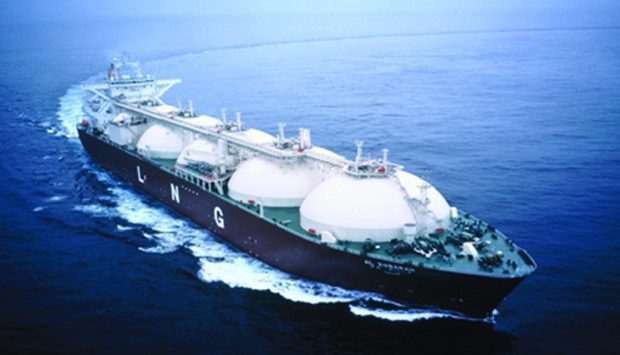But, according to The Economist Intelligence Unit (EIU), the sovereign risk rating is constrained by the fiscal and current-account deficits, which were expected to persist in 2017 and 2018.
The deterioration in the current-account balance continues to weigh on the currency risk rating. Nonetheless, the sizeable reserves at the central bank and the QIA can be deployed to defend the riyal's peg to the dollar, if the need arises.
Continued rapid credit expansion against the backdrop of falling government deposits places domestic banks under liquidity constraints and poses downside risks to the rating.
Moreover, the banks' heavy exposure to the cyclical real-estate sector means that asset impairment cannot be ruled out if property prices slump. The non-performing loan ratio - although low by global standards - is rising, the EIU said.
With the economy largely driven by public-sector investments, and hydrocarbons accounting for most of state revenue, Qatar is exposed to oil market volatility, it said.
According to the EIU, Qatar’s real GDP will grow at an average 3.7% between 2015 and 2030. The “robust growth” will be sustained by Qatar’s economic diversification investment projects.
There remains potential for bursts of high growth if new gas export projects are approved by the government after its moratorium on new deals expires, EIU said.
Diversification and the expansion of the services sector, funded by the state's hydrocarbons wealth, will provide opportunities for growth.
Qatar’s population will continue to increase, largely through immigration. As a result, growth in real GDP per head will be much slower than headline growth, the report said.
Qatar's standing has “improved slightly” in the forecast period (2016-20) in the EIU’s overall business environment score from 7.13 in the historical period (2011-15).
However, improvements elsewhere mean that Qatar's global ranking slips to 30th; it retains the third slot in the regional ranking.
The strengthening of Qatar's business environment is driven by improved policy towards private enterprise and investment, the development of its infrastructure and increased availability of financing. Political stability and the continuity of Qatar’s domestic policies continue to provide reassurance to local and foreign investors.
However, the EIU noted Qatar's score declines in market opportunities and the macroeconomic environment, as a result of the completion of its major gas industrialisation development phase and lower oil and gas prices.

Diversification and the expansion of the services sector, funded by Qatar's hydrocarbons wealth, will provide opportunities for growth, the EIU said.
Qatar's ability to meet its external debt obligations is “not in doubt” as large stocks of foreign reserves at the Qatar Central Bank and even larger assets at the Qatar Investment Authority (the sovereign wealth fund) are sufficient to cover the country's entire stock of external debt, a recent report has shown.
